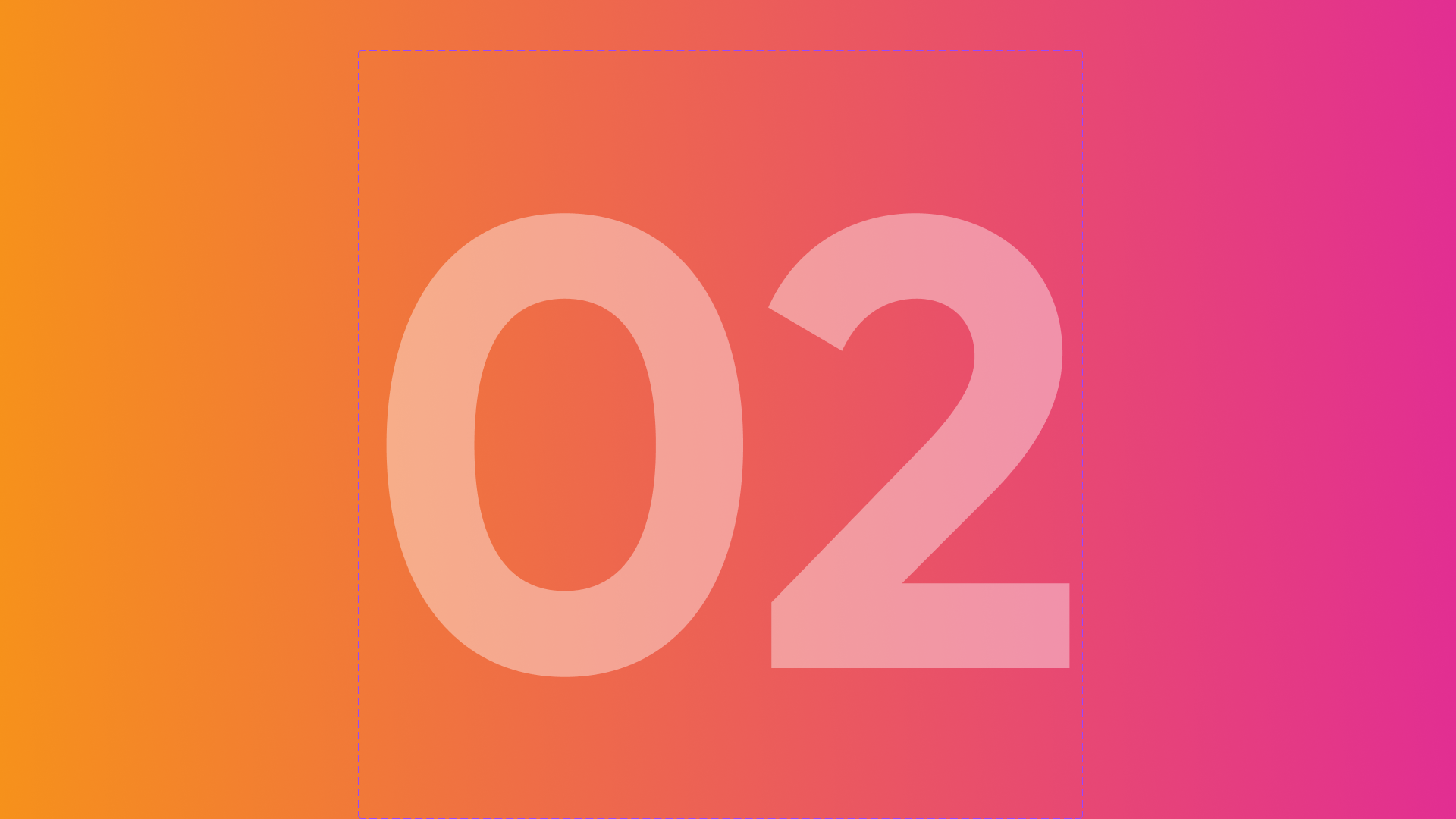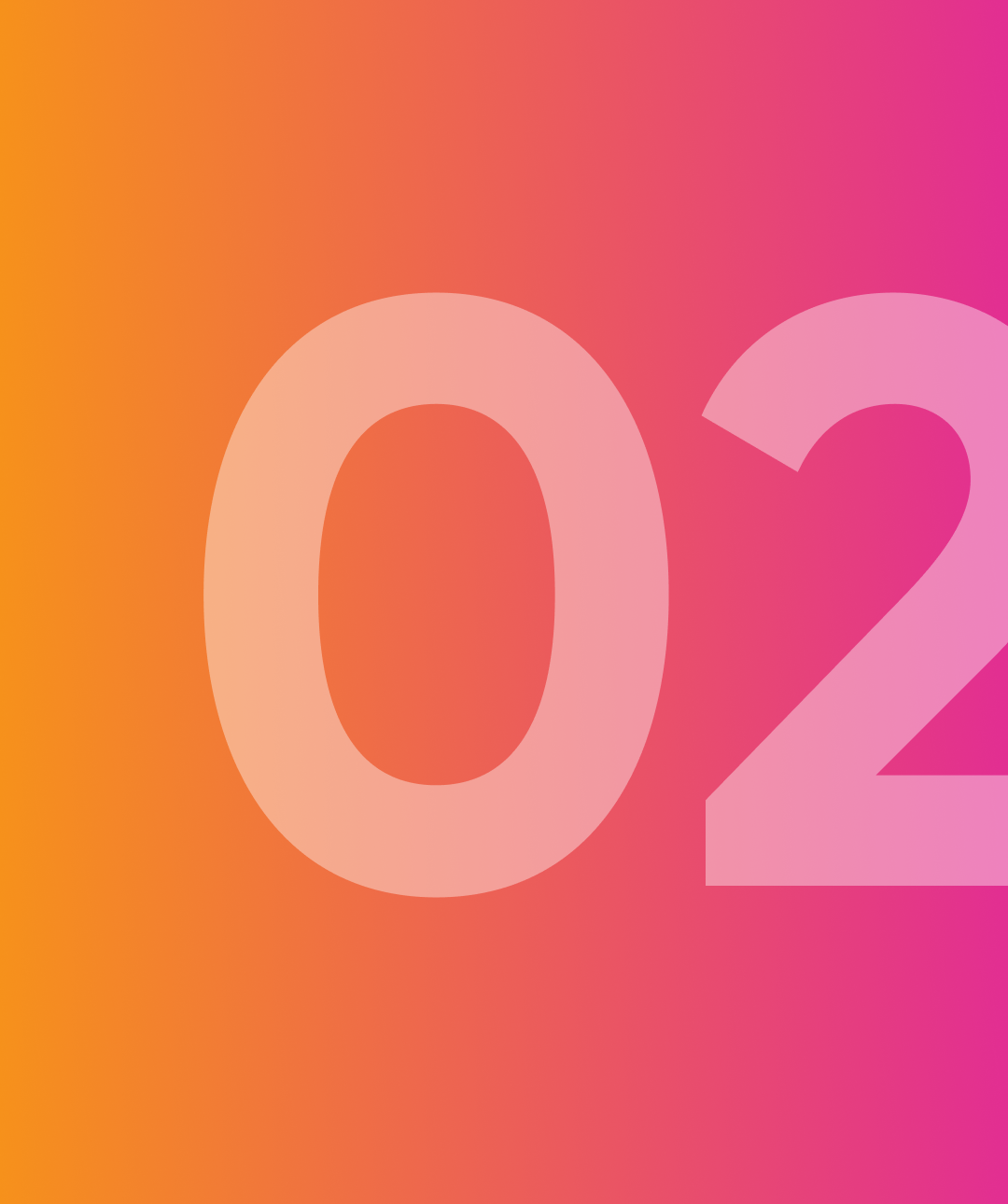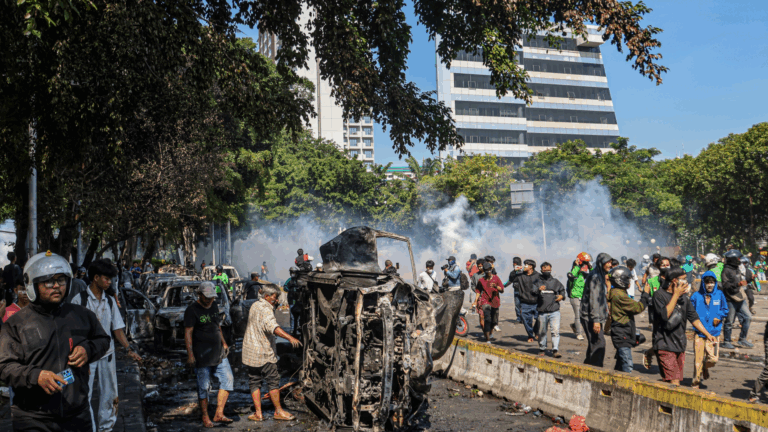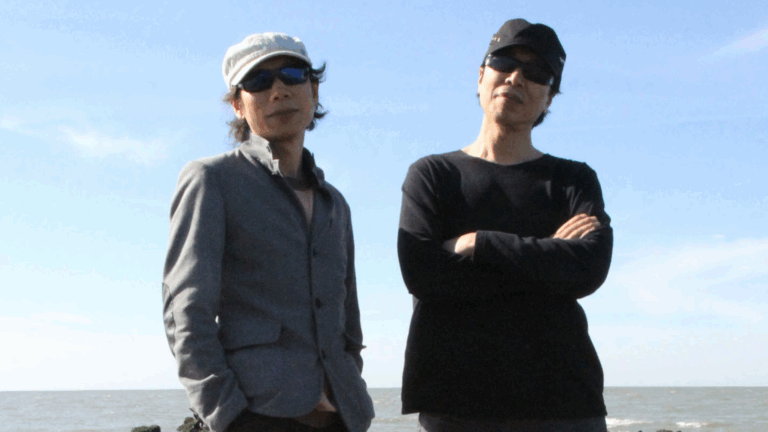OCEAN | Bitcoin Mining
Just one day after DEMAND launched the world’s first Stratum V2 mining pool, Jack Dorsey and Luke Dashjr announced a new decentralized, non-custodial mining pool called OCEAN. At a press conference in South Carolina, Dorsey and others unveiled the new operation, which is meant to reduce the censorship risk posed by the dominant mining pools of today. OCEAN clients get paid out directly from the Bitcoin block reward, and get to see the block templates before working on them.
Wallet of Satoshi | Mobile Wallets
Amid regulatory uncertainty sparked by Binance head CZ stepping down, Bitcoin wallet provider Wallet of Satoshi removed its app from U.S. Apple and Google stores, stating it “will not serve U.S. customers going forward.” While the specific reason for this decision was not disclosed, the company said that US customers’ funds were safe and can still be transferred to other wallets. This episode is another reminder of the risks that custodial wallets pose and another reminder that self-custodying bitcoin is a critical step to protecting financial freedom.
Stable Channels | Bitcoin Development
The first “Stable Channel” has been broadcasted onto the Bitcoin mainnet. Stable Channels enable bitcoin users to utilize the Lightning Network to get dollar price exposure in a self-custodial way that doesn’t rely on or connect to the existing banking system. It is a reality that people in collapsing economies want dollars, not pesos or lira. But centralized stablecoins pose major risks. Innovations like “Stable Channels” could potentially offer a much more trustless way for people anywhere on earth to get dollar exposure.
Hub21 | Bitcoin Education
Belgrade saw the launch of Hub21, a nonprofit community, research, and Bitcoin education center. Nestled within Serbia’s burgeoning IT landscape, Hub21 will provide education and training for the general public, as well as conducting research, and facilitating networking opportunities within the Bitcoin design and development ecosystem.
Censorship | Bitcoin Mining
Miningpool-observer is a project aimed at “detecting when Bitcoin mining pools are not mining transactions they could have been mining.” Last week, it uncovered six transactions spending from OFAC-sanctioned addresses that were missing from blocks mined by different pools. One pool in particular, F2Pool, intentionally left out four of them. It is important to monitor mining pools to help miners make informed decisions about which pools to use. HRF is proud to support 0xB10C, the author of this initiative, who received a grant from our Bitcoin Development Fund earlier this year.
WalletScrutiny | Open Source Funding
Spiral announced a grant renewal for WalletScrutiny, calling it “one of the most important projects in Bitcoin. Full stop.” WalletScrutiny (an HRF grantee) lets Bitcoin users verify whether their wallet is open-source and secure. Anyone can go to its website and search for a wallet and see if, for example, the wallet is open-source, self-custodial, or independently reproducible. Each wallet gets a score based on how many critical tests it is able to pass.
Nostr | Decentralized Social Media
Last week, Nostr (a decentralized and open social network protocol) saw a significant influx of new Thai users after a video on the platform reached nearly one million views. Thailand has recently been the top country for downloads of Damus, a popular Nostr client, according to company employees. Nostr usage remains on the rise in authoritarian regimes like Thailand and China. Separately, the ability to run decentralized file sharing over Nostr through torrents was also launched, giving the protocol another powerful use case.







